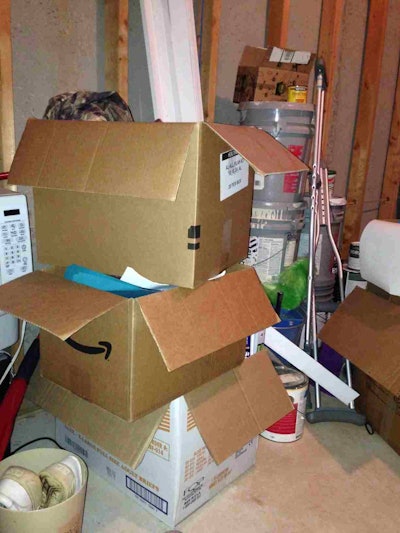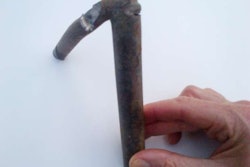
I’m not sure what attracted me to these five syllables, but I loved running around my house randomly blurting out these letters – hopefully in the correct order – to my unsuspecting parents. It’s ironic how something that used to bring me such enjoyment now leaves me stressed out and upset on a daily basis.
So when I attended the Turf Ornamental Communicators Association (TOCA) annual conference last month and saw one of the workshops was on procrastination, I knew I couldn’t hide from the towering boxes in my basement anymore.
Rita Emmett, author of “The Procrastinator’s Handbook,” started the session by listing the high costs of putting off tasks: the financial (invoices), physical (putting off doctor appointments), emotional (relationships impacted) and, maybe most obvious, stressful costs. “The more you procrastinate, the more stress you have,” she says. “The more stress you have, the more your procrastinate.”
A self-labeled recovering procrastinator, Emmett says this issue is just a habit – not a trait or something that can’t be fixed. So, stop blaming the stacks of bills, endless emails and unreturned calls on unavoidable laziness or being too busy, and experience the relief you can only feel when the task is completed.
And once you finish the source of your sleepless nights, not only will you experience a weight lifted, but you’ll also be surprised at how easy cleaning clutter, answering emails and facing your object of delay can be.
“After you actually do the thing you’ve been procrastinating,” Emmett explains, “you find you don’t hate the project – you hate getting started.”
There’s never going to be a wide-open weekend where you can finish everything, so stop making excuses and pick one thing a week to mark off of your to-do list. As the American philosopher William James said, “Nothing is so fatiguing as the eternal hanging on of an uncompleted task.”
And with that, I’m heading downstairs to dust off some boxes…









